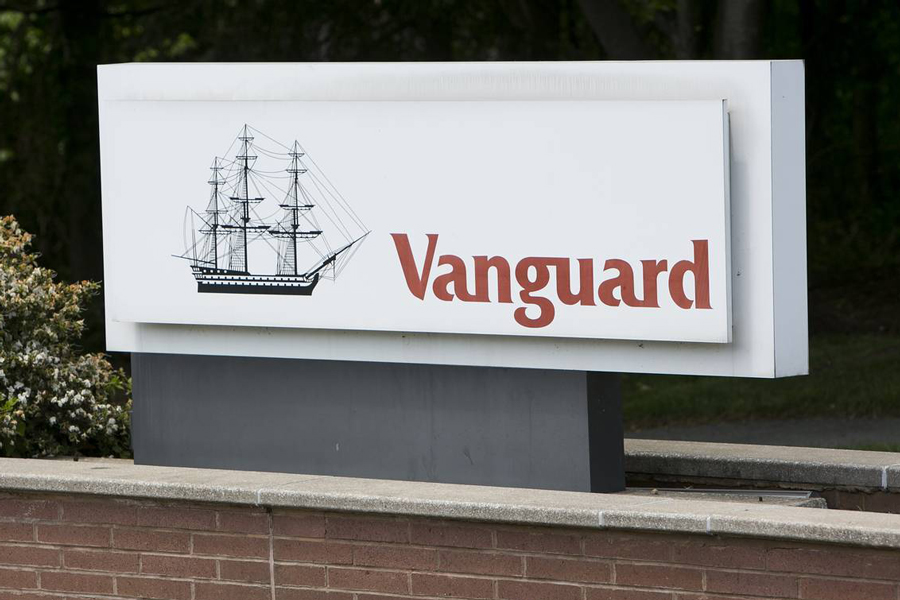

The Vanguard Group is pulling the plug on its 20-year effort to actively-manage a value-focused mutual fund by asking shareholders to approve merging the $1.1 billion Vanguard US Value Fund (VUVLX) into a passive index fund.
The move is music to the ears of Daniel Wiener, chairman and co-founder of Adviser Investments, who describes the quantitatively managed fund as a “failure” and a “loser.”
“The fund has been a loser and has only gotten worse since they let the (in-house) quantitative team take over management of it,” he said.
Value investing has been lagging growth investing for more than a decade, but the Vanguard value fund has been making matters worse by lagging a lower-cost, in-house index fund, the $77.1 billion Vanguard Value Index (VVIAX).
The index fund, where assets from the active fund will end up upon shareholder approval, charges 5 basis points and is down 12.2% from the start of the year. By comparison, the actively-managed value fund, which charges 22 basis points, is down 17.7% so far this year.
The more growth-oriented S&P 500 Index is down 38 basis points this year.
Meanwhile, Vanguard has another fund also competing for value investors, the $49.2 billion Vanguard Value ETFF (VTV), which charges just 4 basis points.
“Value investing has been out of favor in recent years, but VTV has pulled in $3.7 billion in the past year which is a sign that investors look to Vanguard’s index offering favorably,” said Todd Rosenbluth, director of mutual fund and ETF research at CFRA.
According to Vanguard’s announcement, the rationale for the fund merger is “significant overlap in holdings, similar characteristics, and highly-correlated returns.”
As Wiener details, the actively-managed value fund was strong out of the gate in June 2000, but has more recently not lived up to expectations or earned an expense ratio that is 17 basis points higher than the index.
The fund management was always computer driven and originally subadvised by legendary value manager Grantham, Mayo, Van Otterloo & Co.
In the wake of the bursting of the dot-com bubble through September 2002, the fund declined by 6.9% while the value index suffered a 29.8% decline. In 2007, Vanguard added a second manager to the fund, AXA Rosenburg, which was fired three years later. Meanwhile, Grantham, Mayo was fired in 2008, making room for an internal Vanguard quant team.
“What’s clear is that none of the manager changes enhanced US Value’s performance against the straight ahead value benchmark,” Wiener said.
The last time the active fund beat the benchmark was 2014.
The active fund has a three-year annualized return of negative 1.08%, a five-year annualized return of 2.8%, and a 10-year average of 9.5%.
The index, over the same periods, had annualized returns of 4.7%, 7.2%, and 10.9%.

Divorce, widowhood, and retirement are events when financial advisors may provide stability and guidance.

The industry group and other financial associations called out risks from premature disclosures, overreporting, and bad actors weaponizing the rule's requirements.

In regards to the new fund, called WVB All Markets Fund, Morningstar analysts wrote that, “despite the brand-name pedigree of the asset managers involved, most of these strategies are untested.”

New Broadridge survey reveals surge in AI investments, with a third of respondents expecting a payoff within six months.

The latest launches in 2025, which include leveraged strategies, cryptocurrency, and active funds, mark a sharp turn from the passive revolution envisioned by Jack Bogle.
How intelliflo aims to solve advisors' top tech headaches—without sacrificing the personal touch clients crave
From direct lending to asset-based finance to commercial real estate debt.
